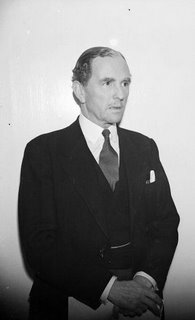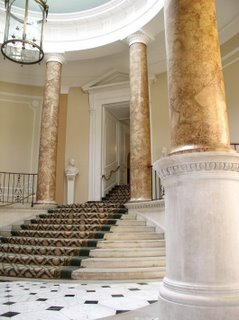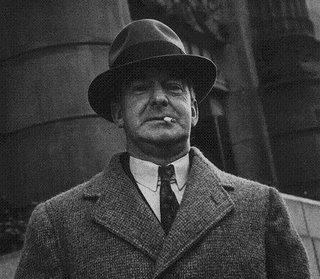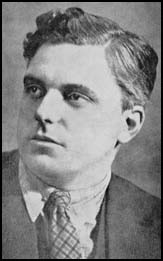
Today marks 80 years since the post of Secretary of State for Scotland was created. From 1885, when the Scottish Office was created, until 1926 the department was headed up by a 'Secretary for Scotland', a kind of poor man's secretary of state. But when the prime minister, Stanley Baldwin, visited Glasgow's slums in 1925 he became convinced that Scotland's minister should be upgraded.
The Wilson Committee on the Remuneration of Ministers had proposed in 1920 that the Scottish Secretary be ‘raised to first class rank’, and in 1921 Lord Birkenhead urged the Cabinet to do the same, declaring that ‘the Secretary for Scotland represents not a Department but a country’. By 1925 the Convention of Royal Scottish Burghs had also begun lobbying the prime minister, and together with mounting pressure from backbenchers, Baldwin finally promised to give the matter further consideration.
It seems that Sir John Gilmour, Baldwin's Secretary for Scotland since 1924, remained aloof from such developments, although the former Scottish Office permanent under-secretary Reginald MacLeod of MacLeod told him ‘It is preposterous that this should be denied’. Finally, on 17 December 1925, Baldwin announced that Gilmour was to become Secretary of State for Scotland, news which the
Scotsman greeted as ‘extremely gratifying’.
On Monday 26 July, Sir John presented himself to His Majesty at 11am and took the oath of the Secretary of State for Scotland. The
Scotsman regarded him as successor to the Marquis of Tweeddale, who resigned as Secretary of State in 1746, just before the office was abolished as payback for the ’45 uprising. But this time, said the newspaper, ‘There will be no Jacobite troubles or Malt Taxes to upset the new arrangement, and Sir John Gilmour will be able to secure for Scotland a consideration which was not obtained in the troubled days after the Union.’ The ebullient MP Walter Elliot, parliamentary secretary for Health since November 1924, was also upgraded to a full under-secretary of state, and congratulated the government on giving the ‘country a status unknown since the ‘45’.
 I'm not one for prowling around graveyards but I was in the beautiful Dean Cemetery in Edinburgh on the weekend and noticed that the final resting place of John Sinclair (1st Lord Pentland) had been tidied up by the yard's caretaker. Sinclair was Secretary for Scotland from 1905-12 and I first tracked down his grave when I was researching his career earlier this year. Then it was quite overgrown and difficult to make out the inscription on the stone, but now it is quite clear. 'Secretary for Scotland' is proudly emblazoned, as is his later spell as Governor of Madras.
I'm not one for prowling around graveyards but I was in the beautiful Dean Cemetery in Edinburgh on the weekend and noticed that the final resting place of John Sinclair (1st Lord Pentland) had been tidied up by the yard's caretaker. Sinclair was Secretary for Scotland from 1905-12 and I first tracked down his grave when I was researching his career earlier this year. Then it was quite overgrown and difficult to make out the inscription on the stone, but now it is quite clear. 'Secretary for Scotland' is proudly emblazoned, as is his later spell as Governor of Madras.
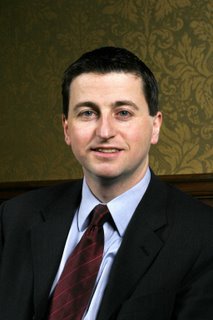
 Today marks 80 years since the post of Secretary of State for Scotland was created. From 1885, when the Scottish Office was created, until 1926 the department was headed up by a 'Secretary for Scotland', a kind of poor man's secretary of state. But when the prime minister, Stanley Baldwin, visited Glasgow's slums in 1925 he became convinced that Scotland's minister should be upgraded.
Today marks 80 years since the post of Secretary of State for Scotland was created. From 1885, when the Scottish Office was created, until 1926 the department was headed up by a 'Secretary for Scotland', a kind of poor man's secretary of state. But when the prime minister, Stanley Baldwin, visited Glasgow's slums in 1925 he became convinced that Scotland's minister should be upgraded.